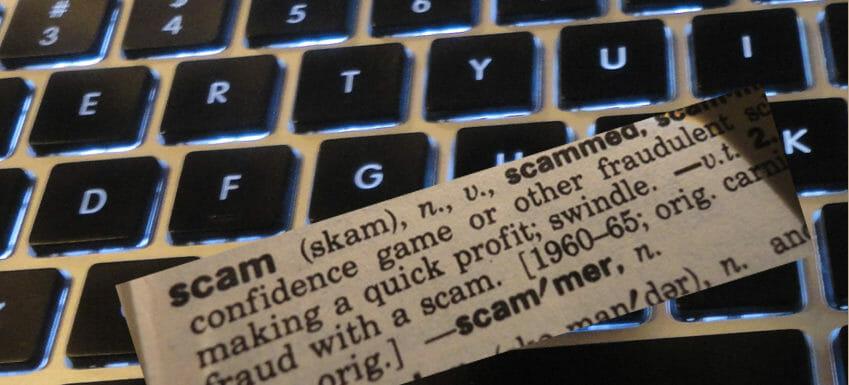 Facebook users have a tendency to be lulled into a false sense of security by the social media giant. Cybercriminals are aware of this tendency and routinely set up fake Facebook accounts to lure new victims into phishing scams. How do you avoid becoming a victim? First, learn to spot the scam.
Facebook users have a tendency to be lulled into a false sense of security by the social media giant. Cybercriminals are aware of this tendency and routinely set up fake Facebook accounts to lure new victims into phishing scams. How do you avoid becoming a victim? First, learn to spot the scam.
Spotting the scam
When a Facebook friend sends you an email with a link or shares a post with a link, are you tempted to click it? If you do follow the link and your browser pops up a login form with a trite message such as sorry for the inconvenience, for your security, to prevent fraud, etc., you should be getting suspicious. Indeed, that login form is a clear signal you could be on a phishing site.
Other Facebook scams
While you’re on the lookout for phishing attempts on Facebook, watch for these lures designed to trick you into providing your personal information. These include profile viewers, the “free i-Phone” ads, free credits for games on Facebook, new Facebook features, and steamy messages designed to lure you elsewhere. All-in-all, Facebook can be a pretty unsafe place unless you’re careful.
Three tips to stay secure
Tip 1: Check first, click second. Get in the habit of checking links before you click them. By rolling your mouse over a link, you can see the address it will go to. If the address is unfamiliar or spelled incorrectly, don’t use the link, but if you do . . .
Tip 2: Don’t log in. If you do land on a page that is asking you to log in and you did not use a trusted link to get there, simply close the window. If they want other personal information, don’t provide it. Quite simply, if you take no action on a phishing site, you can leave with no harm done.
Tip 3: Change your password. And if you do get caught in the scammers web and your account starts spamming your friends? The first thing you should do is change your password. Don’t stop with Facebook, either. If you have any amount of personal information on Facebook, your other accounts might be compromised also. There’s one last step: after you’re done changing passwords, apologize to your friends for spamming them. Then, thank the one who told you your account had been hacked.


This is really sad, but I just received a BBB announcement indicating that the Facebook scams now include fake profiles for victims of the Malaysia Airlines tragedy.